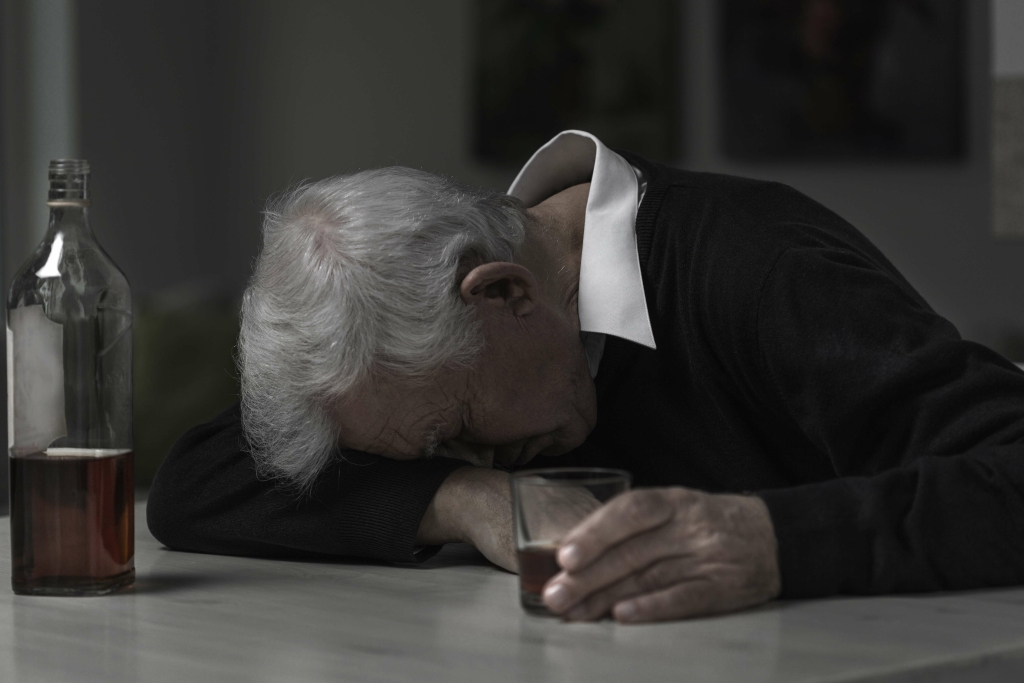While there is general consensus that it’s more acceptable to drink at office parties or after work happy hours than https://www.myprice74.ru/info/tv?date=2011-07-13 at client meetings or work meals, companies occasionally buck that norm. And some workplaces accept or even glorify drinking until you’re wasted at certain events, while others will scorn a worker who gets a little loose anywhere. The FMLA provides limited leave protections to individuals who are seeking treatment for alcohol addiction.
- Furthermore, the cardiovascular system is also negatively affected by excessive alcohol intake.
- Regular after-work drinking can lead to a myriad of health issues, impacting various organs and bodily systems.
- Additionally, a pattern of heavy drinking is universally acknowledged as detrimental to health, potentially leading to conditions such as liver disease and cardiovascular problems.
- In either instance, patients will receive services, such as medical oversight and individual and group therapy.
- According to ScienceDaily, the need to suppress negative emotions at work, like forcing a smile, is linked with increased drinking after work.
- Long-term effects of regular after-work drinking may include the development of hypertension, cardiomyopathy, and coronary artery disease.
Should I Enforce Disciplinary Action Against an Employee who is Drinking at Work?
- What begins as casual drinking can escalate to problem drinking and even addiction.
- This cycle can impact the individual’s health, professional performance, and relationships.
- The impact on an individual’s professional life can be severe, with potential job loss due to impaired performance or attendance issues.
- While moderate alcohol consumption can be part of a balanced lifestyle, excessive intake is linked to a range of heart-related issues.
- “An employee in this situation … should not be subjected to punitive measures.”
But for over 14 million Americans who struggle with alcohol use issues, and millions more who do not drink as a matter of personal belief or taste, these events can be stressful. Even drinkers often struggle to figure out how and how much they should imbibe during them, or grapple with perceived peer pressure to drink more than they normally would. Both reasons align with Gen Z’s interest in mental health, as “a whopping 86% of Gen-Z consumers believe that their mental health is as significant as their physical health when considering drinking alcohol,” according to Forbes. Many people are still happy to imbibe at employer-sponsored happy hours, holiday parties and corporate events. And among younger generations particularly, there’s more willingness to experiment with cutting down alcohol consumption and trying sobriety, in their personal and professional lives. In a survey of 4,000 UK students by Bright Network, a graduate careers and employment specialist, 45% of respondents said alcohol shouldn’t play a http://www.columb.net.ua/news/5478/ role in work social activities.
Alcoholism at Work: Signs, Causes, Effects & Treatment

Equal Employment Opportunity Commission, an alcoholic is a person with a disability and is protected by the Americans with Disabilities Act (ADA) if he or she is qualified to perform the essential functions of a job. In such instances, an employer may be required to provide an accommodation to the individual. “Bereavement could certainly be an extenuating circumstance, as could a divorce or a child https://www.atheism.ru/science/?s=400&c=100 custody proceeding,” she said. Unfortunately, none of this advice will eliminate all the anxiety and uncertainty around work drinks for everyone, in part because, while we can manage our own drinking, we can’t control our colleagues’ choices.

Alcohol or Drug Use at Work
Don’t wait for things to get worse, give us a call today to get started on the journey towards a better life. Apart from simply wanting to go out with co-workers or friends, they may drink to cope with the day’s stresses. Unfortunately, many occupations come with stress while others may take lots of manual labor. Those who work in construction or manual labor tend to abuse alcohol much more after work. Overall, industries are experiencing a cultural recalibration, where the focus is shifting towards sustainable drinking practices and valuing social connection and employee well-being over traditional alcohol-fueled networking events.
